M.Sc. Hospitality and Tourism Management Eligibility & Fee Structure: Check eligibility criteria and flexible fee options for easy enrollment.
Eligibility & Fee Structure for M.Sc. Hospitality and Tourism Management Course
The Master of Science (M.Sc.) in Hospitality and Tourism Management is an advanced program designed for individuals who seek to enhance their knowledge and skills in the dynamic fields of hospitality and tourism. This program goes beyond the basics and delves deep into the management, strategy, and leadership aspects of the industry. If you are considering pursuing this master's degree, it is crucial to understand the eligibility criteria and fee structure associated with it. In this comprehensive guide, we will explore these aspects to assist prospective students in making informed decisions about their career aspirations in the realm of hospitality and tourism management.
Eligibility Criteria for M.Sc. in Hospitality and Tourism Management Program
The eligibility criteria for admission to an M.Sc. in Hospitality and Tourism Management program may vary among institutions. However, there are common requirements typically observed:
-
Bachelor's Degree: Candidates should typically hold a bachelor's degree in a related field, such as hospitality management, tourism, business administration, or a relevant discipline from a recognized university or institution.
-
Minimum GPA: Many institutions set minimum grade point average (GPA) requirements for a bachelor's degree. The specific GPA requirement can vary, but a strong academic record is usually expected.
-
Language Proficiency: Proficiency in the language of instruction (usually English) may be required. Candidates may need to provide evidence of language proficiency through standardized tests such as IELTS or TOEFL.
-
Work Experience: Some programs may prefer or require candidates to have relevant work experience in the hospitality or tourism industry, often at the managerial or supervisory level.
-
Recommendation Letters: Institutions may request letters of recommendation from professors or employers to assess the applicant's qualifications and potential for success in the program.
-
Statement of Purpose: Applicants may need to submit a statement of purpose outlining their career goals and reasons for pursuing the M.Sc. in Hospitality and Tourism Management.
Prospective students should carefully review the specific eligibility criteria of the institution they plan to apply to, as requirements can vary.
Fee Structure for M.Sc. in Hospitality and Tourism Management Program
The fee structure for an M.Sc. in Hospitality and Tourism Management program can vary based on several factors, including the institution's location, reputation, program duration, and additional services offered. Here are common components of the fee structure:
-
Tuition Fees: Tuition fees cover the cost of academic instruction, research, and coursework related to hospitality and tourism management. These fees can vary significantly between institutions.
-
Registration Fees: Upon securing admission, students are typically required to pay an initial registration fee, which is often a one-time payment separate from annual tuition fees.
-
Accommodation Fees: Institutions offering on-campus accommodation may charge additional fees for lodging and meals. These fees can vary based on the type of accommodation and meal plans chosen.
-
Study Materials and Equipment Fees: Students may need to budget for additional expenses, such as textbooks, research materials, and access to specialized software or databases.
-
Research and Project Expenses: For students pursuing research-intensive programs, there may be expenses associated with data collection, fieldwork, or project-related costs.
-
Examination Fees: Students may need to pay examination fees to cover the costs of assessments, comprehensive examinations, and thesis evaluations related to the master's degree.
-
Miscellaneous Fees: This category includes charges for industry seminars, conferences, certifications, and networking events related to hospitality and tourism management.
Prospective students are encouraged to obtain detailed information about the fee structure from the institution offering the M.Sc. in Hospitality and Tourism Management program to plan their financial resources effectively.
 2 Years
2 Years
 Post Graduate
Post Graduate
 Hotel Management and Hospitality
Hotel Management and Hospitality
 Full Time
Full Time
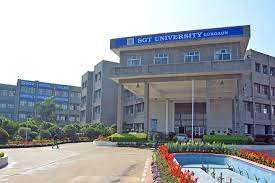
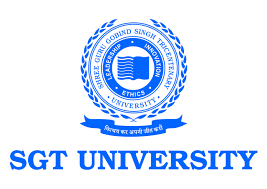
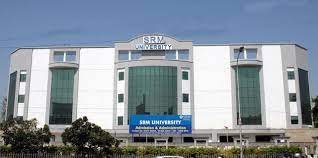
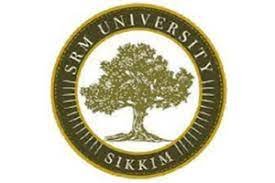
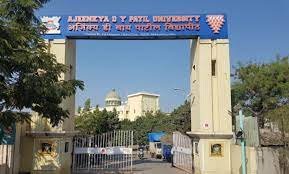
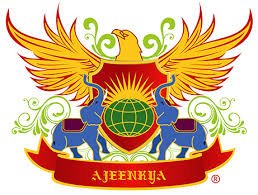

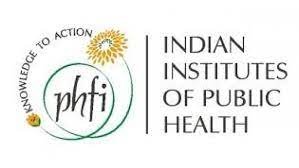
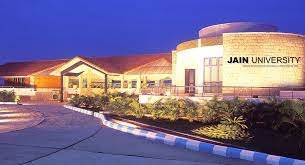

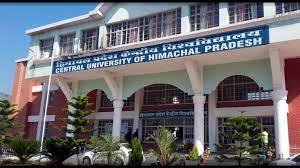

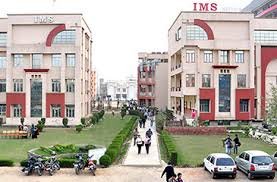
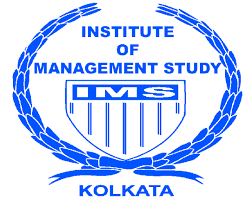

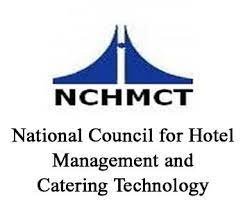

 back
back

